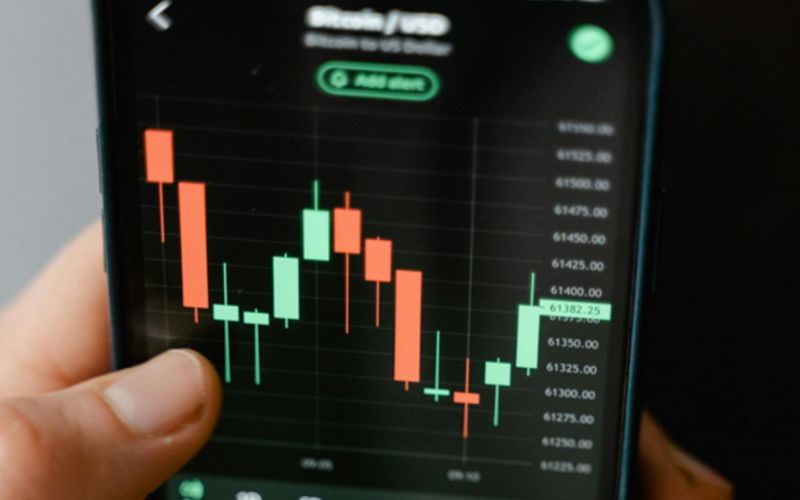CoBank Report Warns Federal Reserve Faces Tough Decisions Amid Persistent Inflation
Sourse: The DairyNews
Despite the U.S. economy outperforming expectations in 2023 and early 2024, marked by robust employment figures and consumer spending, concerns loom large on the horizon, according to Rob Fox, Director of the Knowledge Exchange Division at CoBank.

Speaking with AgriTalk Host Chip Flory, Fox highlighted the Federal Reserve's ongoing struggle to rein in stubborn inflation, which has defied expectations by persisting longer than anticipated.
"Inflation figures aren't receding as swiftly as anticipated," Fox remarked. "The Fed acknowledges that inflation will remain elevated for a longer duration."
CoBank's latest report, titled "Sticky Inflation Puts Fed on the Horns of a Dilemma," underscores this challenge. Fox elaborated, stating, "The dilemma we're facing is that despite the economy's resilience surpassing many predictions, concerns persist. Economists previously anticipated a recession, given the rapid rate increase cycle, yet we've managed to avert it and perform better than expected."
However, Fox cautioned that certain indicators warrant scrutiny. Metrics such as broader unemployment rates, declining job openings over the past 18 months, and diminishing real disposable income growth are areas of concern. He also pointed to the Federal Reserve Bank of Atlanta's GDP forecast, which indicates a noticeable deceleration in economic growth.
Additionally, Fox outlined several wildcards the Fed is monitoring closely, including rising oil prices, escalating federal debt, and parallels between the current stock market situation and the dot-com bubble burst in 2000.
Regarding the Federal Reserve's likely response, Fox speculated that they may maintain their course of action, aiming to bolster the economy while hoping for a moderation in inflation. He suggested the Fed might proceed with the planned three interest rate cuts in 2024, barring unforeseen circumstances.
Despite the impending national election, Fox downplayed its influence on the Fed's decisions, asserting that monetary policy changes typically take time to materialize and would likely occur post-election.
"Inflation figures aren't receding as swiftly as anticipated," Fox remarked. "The Fed acknowledges that inflation will remain elevated for a longer duration."
CoBank's latest report, titled "Sticky Inflation Puts Fed on the Horns of a Dilemma," underscores this challenge. Fox elaborated, stating, "The dilemma we're facing is that despite the economy's resilience surpassing many predictions, concerns persist. Economists previously anticipated a recession, given the rapid rate increase cycle, yet we've managed to avert it and perform better than expected."
However, Fox cautioned that certain indicators warrant scrutiny. Metrics such as broader unemployment rates, declining job openings over the past 18 months, and diminishing real disposable income growth are areas of concern. He also pointed to the Federal Reserve Bank of Atlanta's GDP forecast, which indicates a noticeable deceleration in economic growth.
Additionally, Fox outlined several wildcards the Fed is monitoring closely, including rising oil prices, escalating federal debt, and parallels between the current stock market situation and the dot-com bubble burst in 2000.
Regarding the Federal Reserve's likely response, Fox speculated that they may maintain their course of action, aiming to bolster the economy while hoping for a moderation in inflation. He suggested the Fed might proceed with the planned three interest rate cuts in 2024, barring unforeseen circumstances.
Despite the impending national election, Fox downplayed its influence on the Fed's decisions, asserting that monetary policy changes typically take time to materialize and would likely occur post-election.














